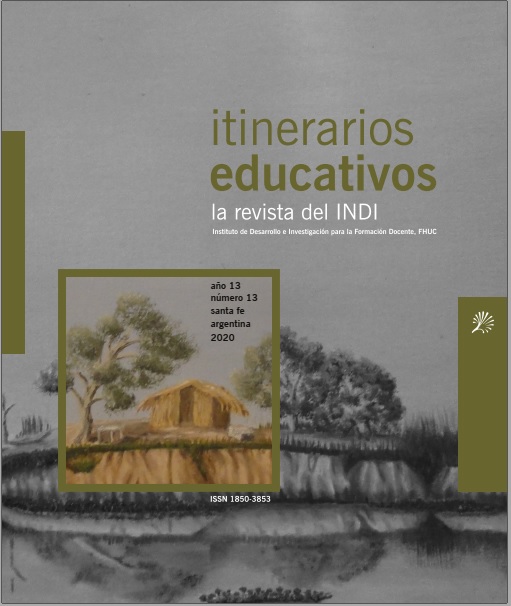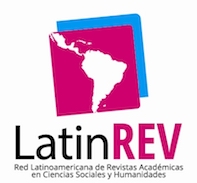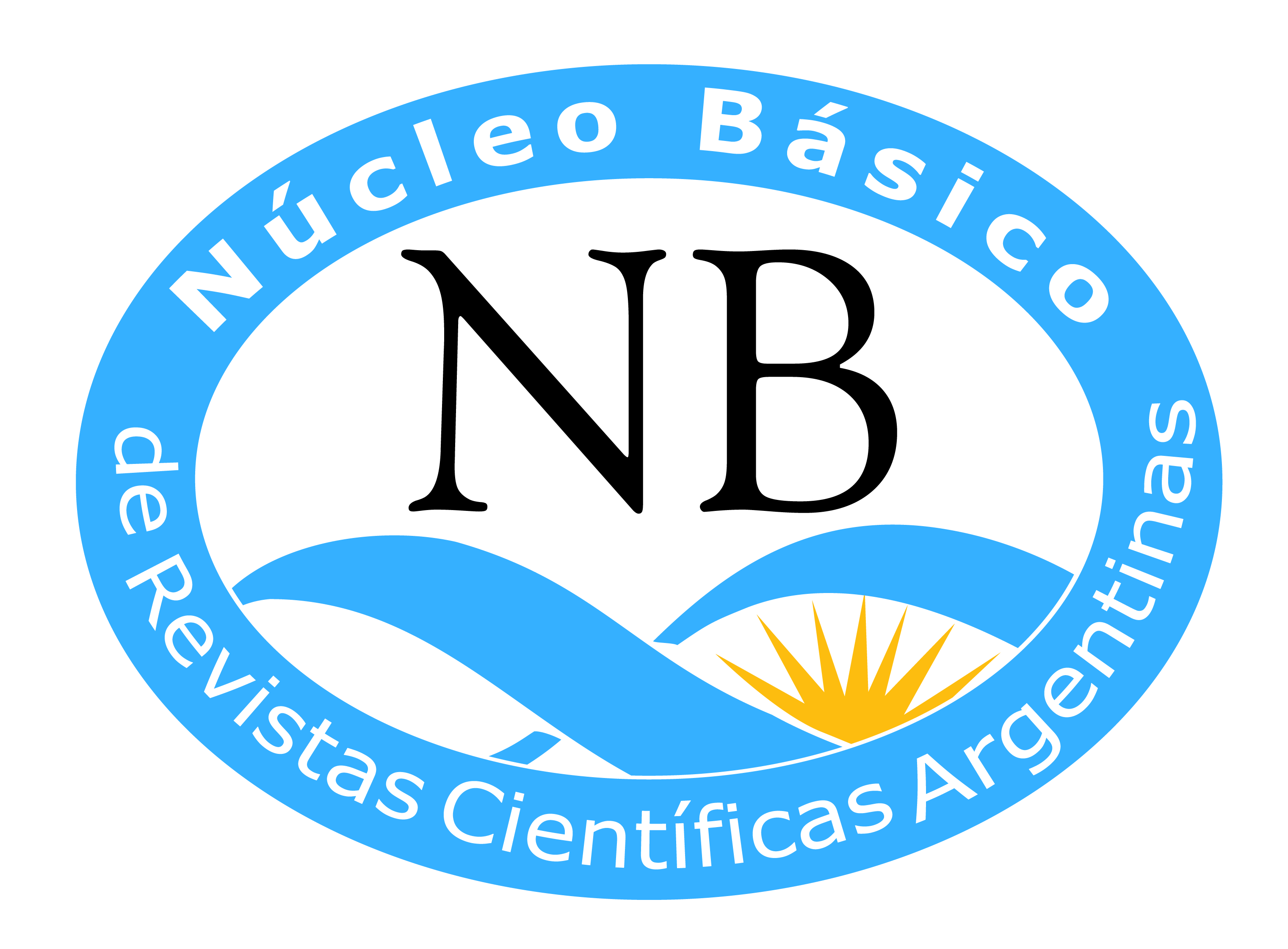Escuebichos. When you are bitten by the education bug
DOI:
https://doi.org/10.14409/ie.v0i13.9883Keywords:
natural sciences, knowledge, interdisciplinary work, studentsAbstract
The current paper is intended to share and
reflect on an educational experience called Escuebichos
(from Spanish terms for ‘school’ and ‘bugs’) which is
aimed at considering the various constructs of time and
place at school, knowledge transfer, and the position
and importance that Natural Sciences are assigned at
school. This proposal seeks to make students play a
leading role in the active construction of knowledge
while dealing with experimentation, art, and game as
pedagogical tools. Escuebichos provided the possibility
of working along with other institutions and organizations
in the neighborhood that can actively participate in the
proposed activities, schools being the common place.
This experience also included ‘the travelling trunk’ with
the aim of taking itinerant exhibitions to different schools
so as to share the experience, multiply the idea, or generate new educational projects. This interdisciplinary
work was carried out within the subjects of Biology,
Mathematics, Language, ICT, and a Photo and Graffiti
Workshop; and the involved students were attending the
first and second year of secondary school.
Downloads
Published
How to Cite
Issue
Section
License
Those authors who have publications with this magazine, accept the following terms:
The authors will retain their copyright and guarantee the journal the right of first publication of their work,
which will be simultaneously subject to the Creative Commons Recognition License that allows third parties to share
the work whenever its author and first publication this magazine.
Authors may adopt other non-exclusive licensing agreements for the distribution of the published work (eg, deposit
it in an institutional telematic file or publish it in a monographic volume) whenever the initial publication in this
journal is indicated.
Authors are allowed and advised to disseminate their work through the Internet (eg, in institutional telematic files
or on their website) before and during the submission process, which can produce interesting exchanges and increase
citations of the published work. (See The effect of open access).
















